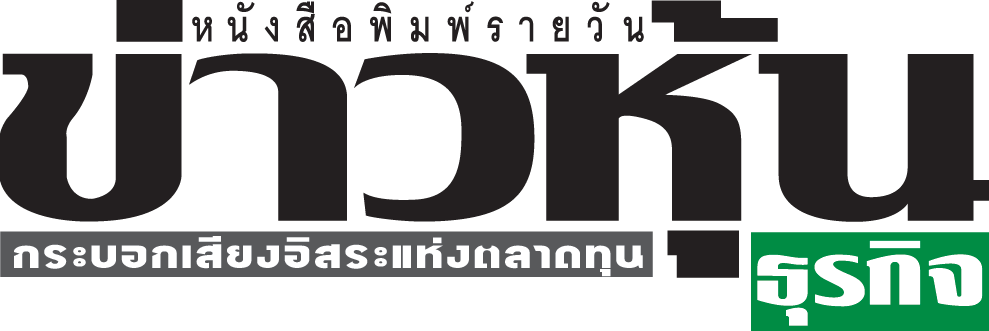
SUPER Reports 377% Increase in 2Q21 Earnings over Surging Income from Vietnam Solar
SUPER's 2Q21 earnings rose 377% YoY, mainly from the contribution of solar projects in Vietnam.
Super Energy Corporation Public Company Limited (SUPER) has announced its 2Q21 consolidated financial statement through the Stock Exchange of Thailand as follows;

SUPER reported a net profit of 707 million baht in 2Q21, increased 377% from a net profit of 148 million baht in 2Q20.
The company’s total revenue was 2,190.4 million baht which increasing by 597.6 million baht or 37.5% compared to the same period of the previous year, mainly due to the follows;
1) Revenue from solar projects in Thailand amounted to 1,153.6 million baht , an increase of 25.5 million baht or 2.3% from the same period of the previous year, mainly due to the increase in light intensity in 2Q21 and the downtime of maintenance compared to the same period of the previous year.
However, the impact of the implementation of TAS 15 : Revenue from Customer Contracts, as a result, the company had to recognize revenue in the 2Q21, a decrease of 26.7 million baht, which the reduction in revenue recognition will be adjusted in 4Q21.
2) Revenue from solar projects in Vietnam amounted to 751.8 million baht, an increase of 506.8 million baht or 206.9% from the same period of the previous year, mainly due to the company recognized revenue from the sale of the full amount of electricity of the new project 3 projects with a total capacity of 550 megawatts that were COD in the last week of 2020.
3) Revenue from the waste thermal power plant amounted to 192.0 million baht, an increase of 68.4 million baht or 55.4%, mainly due to the revenue was recognized for the community waste thermal power plant project of Super Earth Energy 6 Company Limited (SEE6) in Phichit province, which COD to the Electricity Authority Provincial, amount of 9.0 MW on April 30, 2020.
In 2Q21, the company had other incomes of 27.5 million baht, an increase of 13.1 million baht or 91.8% compared to the same period of the previous year. It was mainly due to the subsidiary receiving fines from the transfer of shares later than the period stipulated in the share purchase agreement.


